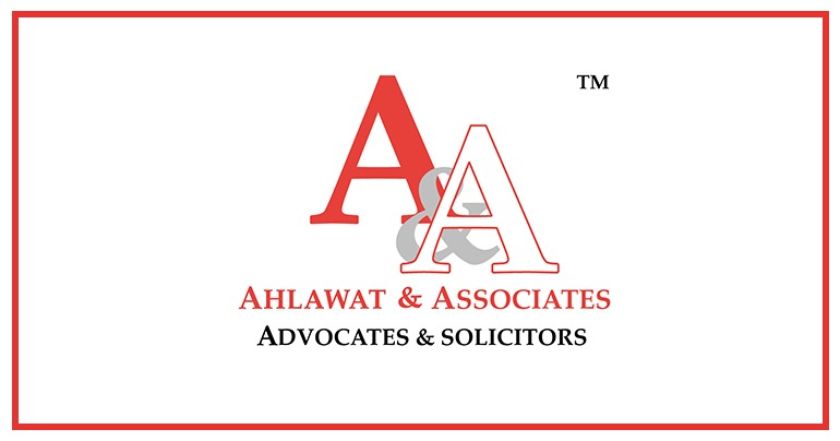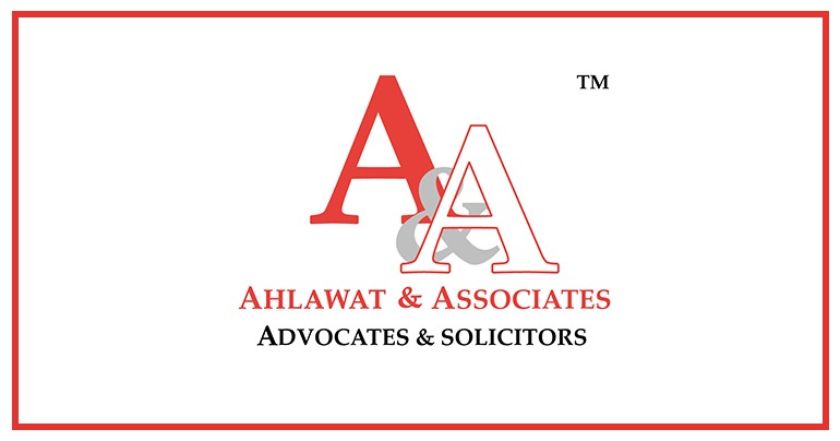
 Ashneet Hanspal
Ashneet Hanspal
 December 8, 2022
December 8, 2022
The Indian Ministry of Information & Broadcasting (‘MIB’) has issued new ‘Guidelines Issued on Platform Services Offered by Multi System Operators’ (‘Guidelines’) based on the recommendations provided by Telecom Regulatory Authority of India. The Guidelines (dated November 30, 2022) are applicable to cable TV operators or Multi System Operators (‘MSO(s)’) operating in India.
The Guidelines provide for mandatory registration of MSOs offering ‘platform services’ as well as the regulation of such services. For reference, an MSO refers to an entity registered under the Cable Television Networks Rules, 1994 (‘Rules’) which is engaged in the business of re-transmission of programming services (received by the MSO from a cable broadcaster or agents thereof) and/or the transmission of its own programming services (either directly or through one or more local cable operators) for simultaneous reception by multiple subscribers. [For the purpose of the Rules, the provided definition of an MSO includes its authorized distribution agencies.] Illustratively, entities such as Siti Networks, DEN Networks, Hathway Digital, GTPL Hathway, and IndusInd Media rank among the primary MSOs shareholders of India’s vast cable subscriber market.
Under the Guidelines, it is observed that various MSOs operating in India offer viewers exclusive programming services (referred to as ‘platform services’ or ‘PS’), namely: ‘programs transmitted by Distribution Platform Operators (MSOs) exclusively to their own subscribers’. It is specifically mentioned therein that while PS do not include ‘Doordarshan’ and other registered TV channels or any foreign TV channels (not registered in India) (the ‘Non-PS’) – these do include ‘exclusive programming services being generated at local level’ – thus, ‘most’ local TV channels fall under the ambit of PS.
The Guidelines regulate the provision of PS and set out obligations for MSOs offering (or interested in offering) such services. The Guidelines primarily mandate the online (one-time and non-transferable) registration of any PS channels (offered by an MSO) on the MIB’s ‘Broadcast Seva Portal’ (www.ncw.broadcastscva.gov.in) albeit at a nominal fee (of INR 1000/). The PS offered by an MSO are required to be exclusive; and cannot be shared in any manner with another MSO or Distribution Platform Operator; or involve feed from any non-PS – subject to a few exceptions (such as live religious feed). Further, all PS channels are required to distinguish themselves from registered TV channels (by carrying a caption identifying them as PS).
Other salient aspects of the Guidelines concern the increased scrutiny and monitoring of PS channels by MIB. For instance, under the Guidelines, a MSO cannot operate PS channel without obtaining ‘security clearance’; and can be required to withdraw its PS channel if the MIB determines that its PS are harmful to public interest or national security of India. Notably, such security clearance is required to be obtained by an MSO whenever there is any change in its ownership. MSOs are directed to make ‘full disclosure’ of their ownership status and to comply to
Programme and Advertising codes prescribed under the Rules. Moreover, MSOs are also mandated to retain recording(s) of all PS channel programs (up until a period of 90 days from their date of broadcast); and to maintain a written log/register of these for up till a year; for the purpose of examination by an authorized government official ‘as and when and if required’.
Further, an MSO which is not incorporated as a company in India is entirely barred from providing ‘local news and current affairs’ PS. Any MSO which is not incorporated as a company but, however, is desirous of providing such PS (or currently providing such PS) is directed to apply to India’s Ministry of Corporate Affairs within a period of 3 months from the issuance of the Guidelines. However, certain categories of broadcasting have been omitted from the purview of ‘local news and current affairs’ broadcasting – and are thus deemed ‘permissible’ information for non-company MSOs to broadcast. These include information pertaining to weather or traffic; ‘examinations, results, admissions, career counselling’; employment opportunities; sports information excluding live sports coverage (but including live commentaries); coverage of cultural events/festivals, public announcements or information which is otherwise ‘sourced locally’ and not obtained from news agencies, channels, or sources.
The Guidelines also expressly set out certain penalties (applicable in case of violations thereunder). Notably, the penalties stipulated in the Guidelines increase in severity for each consecutive instance of violation (viz. the first and second violation are punishable through prohibition on transmission of the MSO’s PS channel for 30 and 90 days respectively, whereas the registration of a MSO’s PS channel is subject to be revoked upon occurrence of a third violation). MSOs are provided a period of 12 months (until November 2023) to ensure their compliance under the Guidelines.

The Ministry of Electronics and Information Technology have notified three Grievance Appellate Committees under the Information
View More
The state of Chhattisgarh has notified the Chhattisgarh Gambling (Prohibition) Act, 2022, replacing the erstwhile statute -
View More
The draft Digital Personal Data Protection Bill, 2022 (“DPDP Bill”) was published for inviting comments from the public and stakeholders
View More















 Cookies Consent
Cookies ConsentWe use cookies to help you navigate efficiently and perform certain functions. You will find detailed information about all cookies under each consent category below. Read more...
 Cookies Consent
Cookies ConsentWe use cookies to help you navigate efficiently and perform certain functions. You will find detailed information about all cookies under each consent category below. Read more...

